
With the protests across the country in support of the Wet’suwet’en Hereditary Chiefs position on blocking the GasLink pipeline project crossing the traditional Wet’suwet’en territory.
More and more question are arising about the difference between the so called "Hereditary Chiefs" and elected Wet’suwet’en Band Councils.
Essentially, the hereditary chiefs oversee the management of traditional lands and their authority predates the imposed colonial law, which formed the elected band council.
While the Band Council is in support of the Coastal GasLink pipeline, the "Hereditary Chiefs" are not.
The Wet’suwet’en Hereditary Chiefs are representatives of the Wet’suwet’en First Nation that are overseeing management of traditional Wet’suwet’en territory based on the pre-colonial "clans and houses" leadership systems. Those "Hereditary Chiefs" positions are inherited in each clan for each house and territory.
Problem here is that their authority predates the imposed colonial law, which formed the elected band councils.
Earlier this week, National Chief Perry Bellegarde of the Assembly of First Nations explained the situation in several televised interviews:
“(The band council has) done their due diligence and they want to be part of this economic initiative, create jobs for their people, be part of the economy, and they balanced the environment and the economy,”
“In the ancestral territory lands of the Wet'suwet'en peoples, it’s the hereditary chiefs and their clans and their big houses that have the jurisdiction,” Bellegarde added. “That’s the piece that’s missing, so when Coastal GasLink and governments come in, they didn’t bring the Wet'suwet'en nation and the proper people in place to deal with their ancestral lands.”
“There’s a misunderstanding broadly of what hereditary leadership is and we’re working hard to figure that out with the Wet'suwet'en and others,” he told reporters.
WHAT ARE HEREDITARY CHIEFS?
Hereditary chiefs represent different houses and clans that make up the First Nation as a whole. Their titles are passed down through generations and predate colonization.
WHAT ARE ELECTED BAND COUNCILS?
The "Elected Band Councils" -- as the title suggests -- are elected members of the Wet’suwet’en Community.
These councils were the result of the Indian Act, which was first established in 1876 and defined how the Canadian government interacts with Indigenous people. They were formed to impose a leadership structure that more resembled Canada’s system of governance.
WHAT HAPPENS NEXT?
National Chief Perry Bellegarde of the Assembly of First Nations believes it’s best if the Wet'suwet'en people are left to resolve their differences on their own.
“What we’ve got to encourage right now, to resolve this, is to make sure the Wet'suwet'en peoples themselves get together,” he said. “Get together into their long houses, their big houses, and have the feasts and the ceremonies and have their laws and traditions govern how this is resolved.”
BC Premier Horgan agreed with Bellegarde that the most effective approach might be to just let the Wet’suwet’en work it out amongst themselves.
“I’ve heard them say it repeatedly that: ‘We need to come together as Wet’suwet’en people to figure that out,’” he said.

Wet'suwet'en Hereditary Chiefs from left, Rob Alfred, John Ridsdale, centre and Antoinette Austin, who oppose the Coastal Gaslink pipeline take part in a rally in Smithers B.C., on Friday January 10, 2020. THE CANADIAN PRESS/Jason Franson
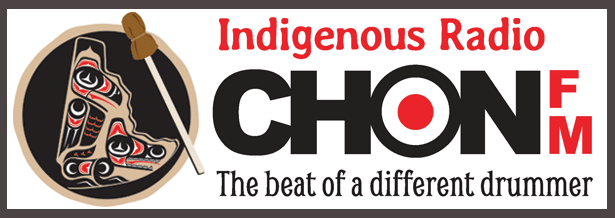

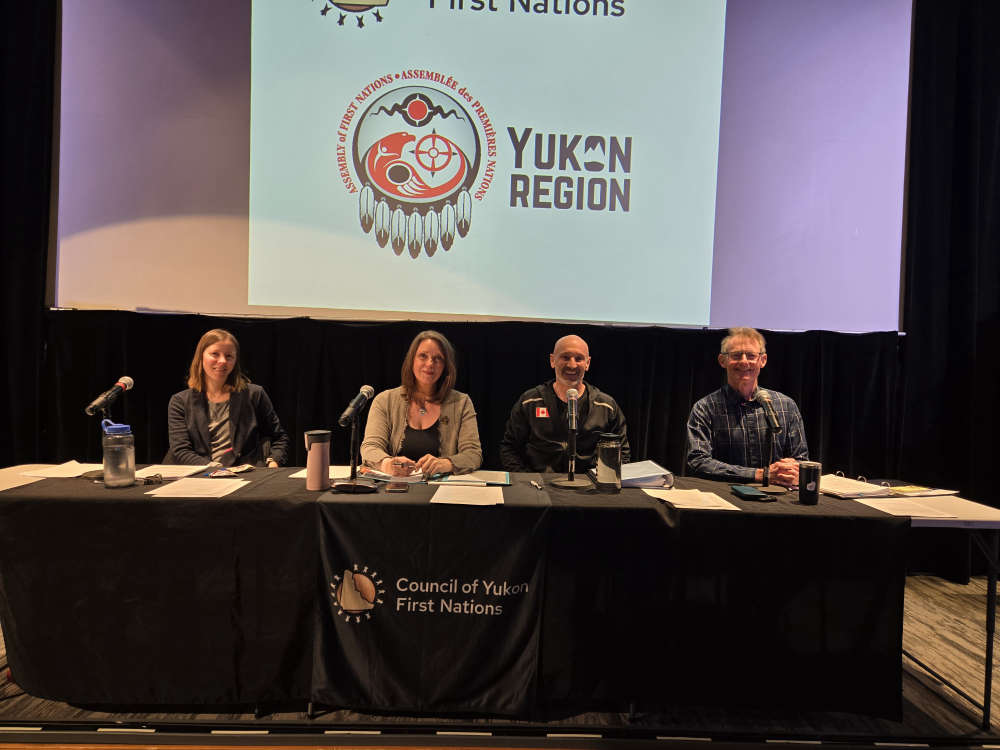 CYFN and AFN Yukon Region host All-Candidates Forum on Yukon First Nations issues ahead of the federal election
CYFN and AFN Yukon Region host All-Candidates Forum on Yukon First Nations issues ahead of the federal election
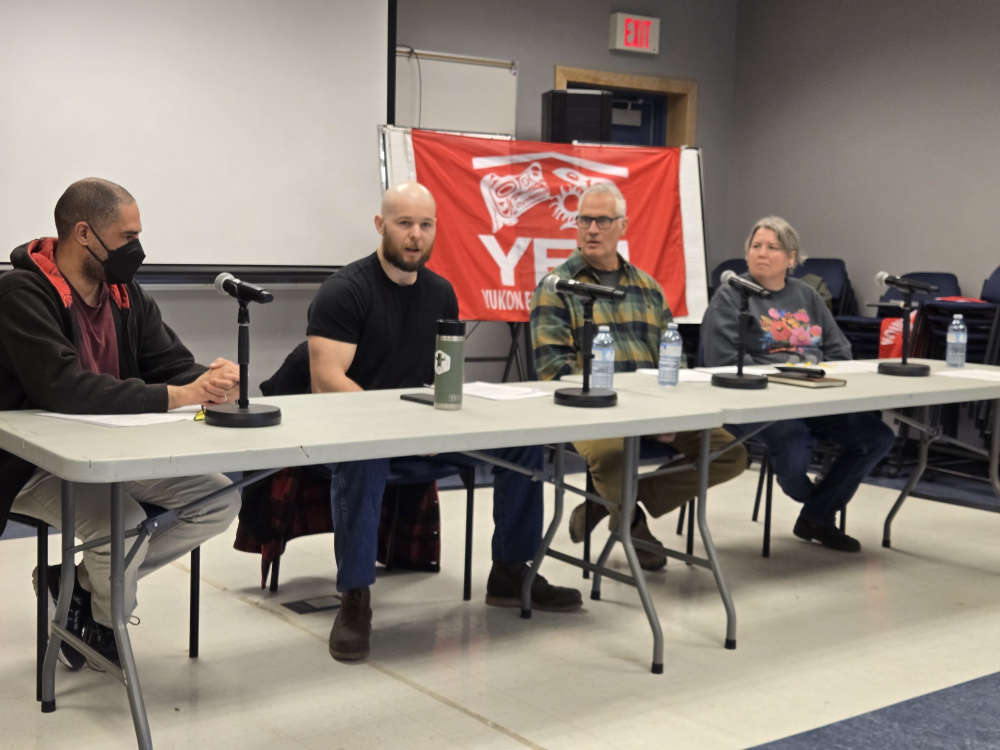 Firefighters speak out for presumptive cancer care
Firefighters speak out for presumptive cancer care
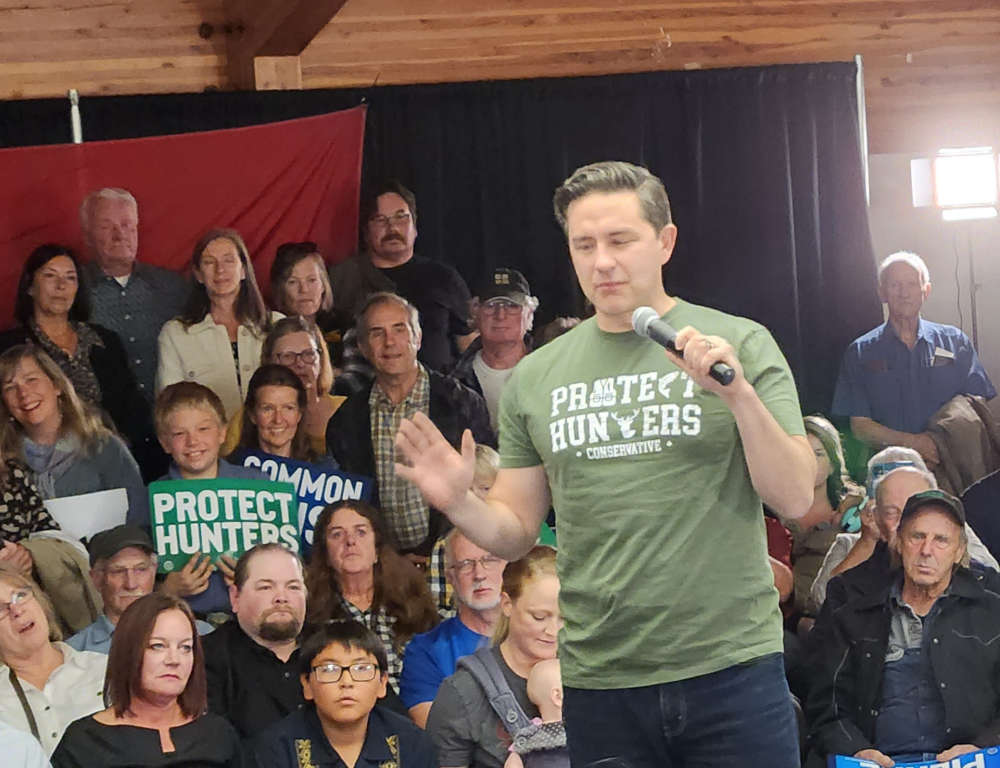 Yukon government voices support for supervised consumption sites following Pierre Poilievre's plan to shut them down
Yukon government voices support for supervised consumption sites following Pierre Poilievre's plan to shut them down
 Firearms charges laid in Dawson City after 3D printed handgun seizure
Firearms charges laid in Dawson City after 3D printed handgun seizure
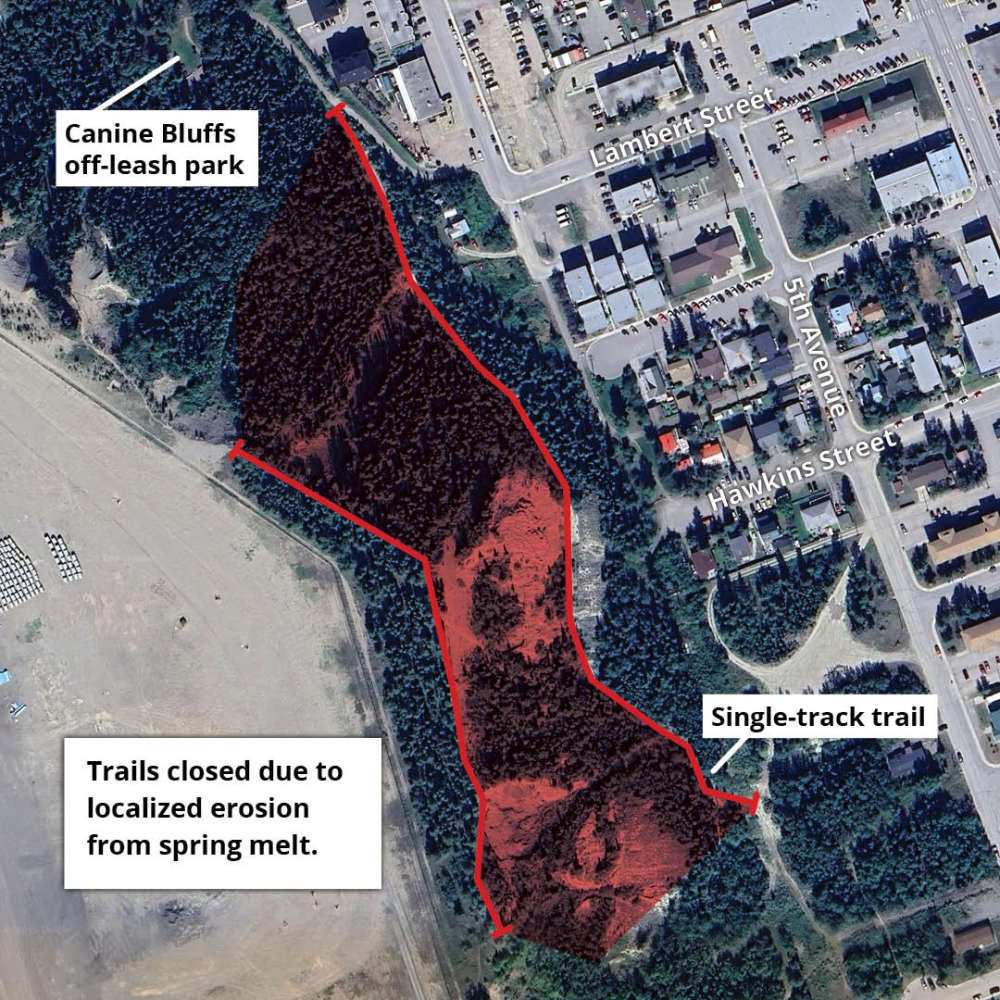 City of Whitehorse closes sections of East Airport Access Road Trail due to spring freshet
City of Whitehorse closes sections of East Airport Access Road Trail due to spring freshet
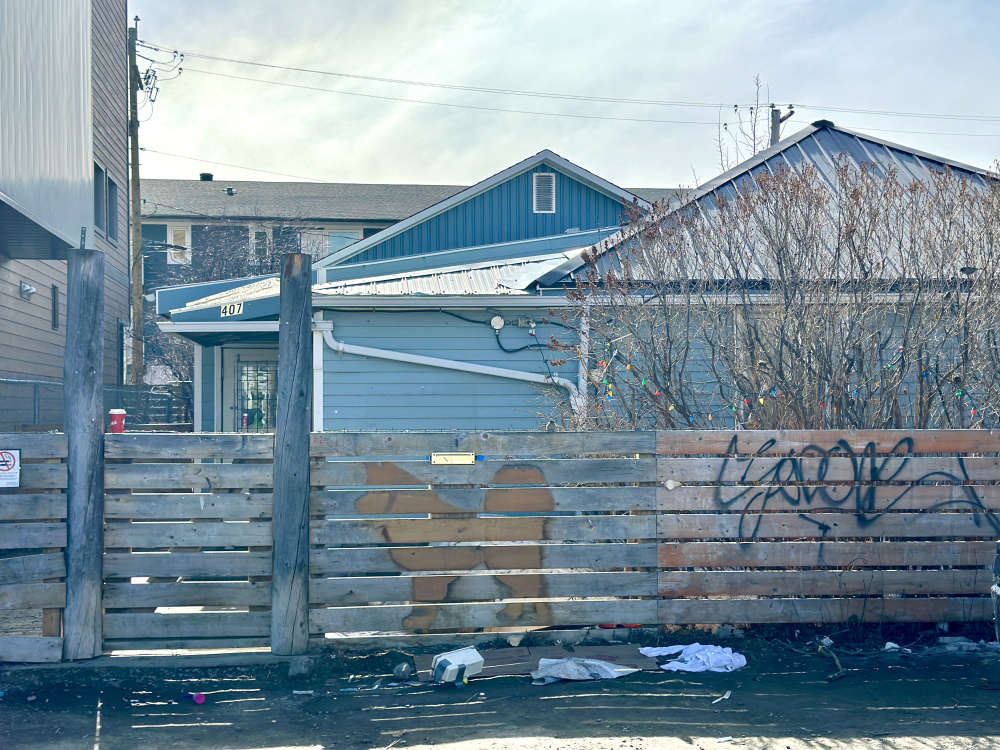 Yukon Government buys out Duffy's Pets amidst downtown insecurity concerns
Yukon Government buys out Duffy's Pets amidst downtown insecurity concerns
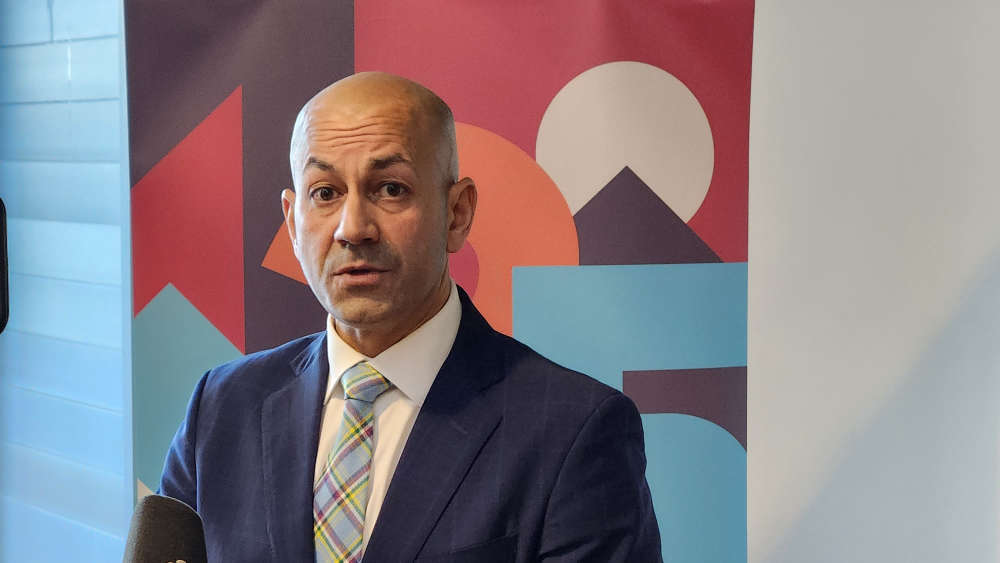 Elon Musk's empire feels the pinch: Yukon Government's counter-measures
Elon Musk's empire feels the pinch: Yukon Government's counter-measures
 Six Yukon Artists selected as finalists for prestigious Visual Arts Prize
Six Yukon Artists selected as finalists for prestigious Visual Arts Prize
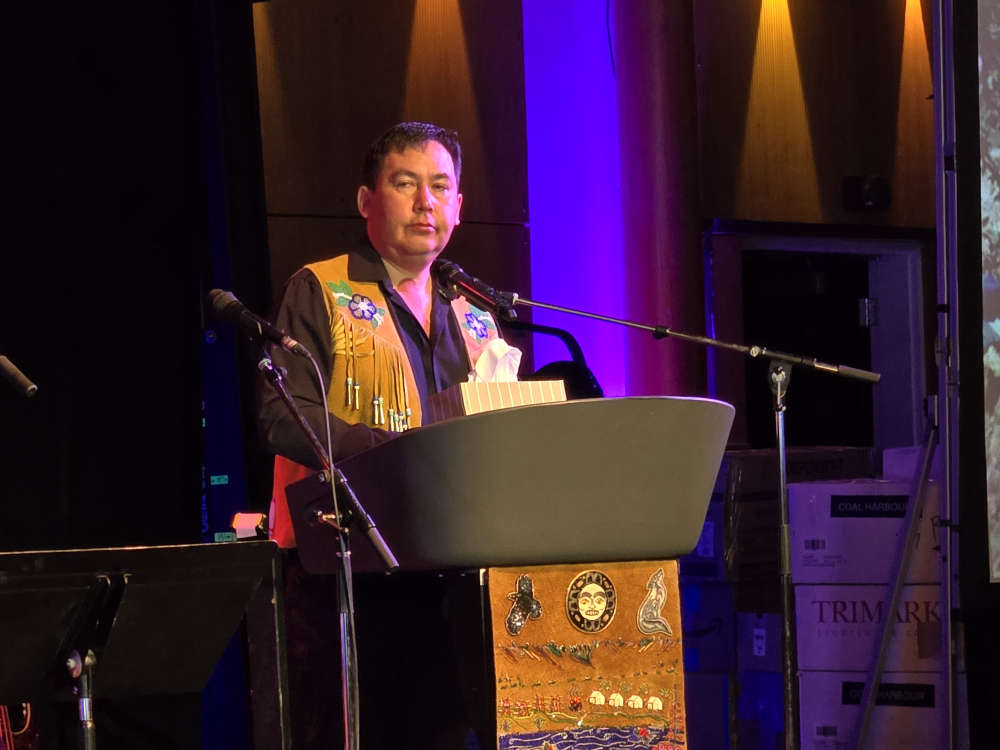 Kwanlin Dün First Nation celebrates 20th Anniversary of Final Agreement
Kwanlin Dün First Nation celebrates 20th Anniversary of Final Agreement
 Yukon RCMP Traffic Services are investigating a collision between a police vehicle and a cyclist
Yukon RCMP Traffic Services are investigating a collision between a police vehicle and a cyclist
 Former teacher calls out education minister for inaction
Former teacher calls out education minister for inaction
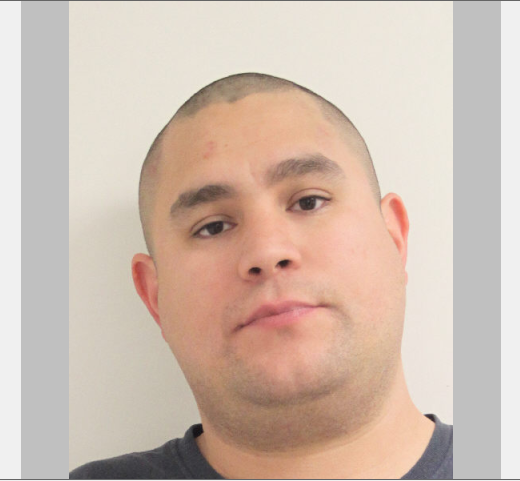 Yukon RCMP issue arrest warrant
Yukon RCMP issue arrest warrant
 Whitehorse RCMP search for missing man
Whitehorse RCMP search for missing man
 B.C. man, two Watson Lake residents arrested on warrants in Whitehorse
B.C. man, two Watson Lake residents arrested on warrants in Whitehorse
 Ross River RCMP arrest two men in separate, unrelated investigations involving stolen rifles
Ross River RCMP arrest two men in separate, unrelated investigations involving stolen rifles
 Medical Staff Association president raise "significant concerns" surrounding acute care at Whitehorse General
Medical Staff Association president raise "significant concerns" surrounding acute care at Whitehorse General
 Whitehorse count indicates 83 per cent of homeless in 2024 were Indigenous
Whitehorse count indicates 83 per cent of homeless in 2024 were Indigenous
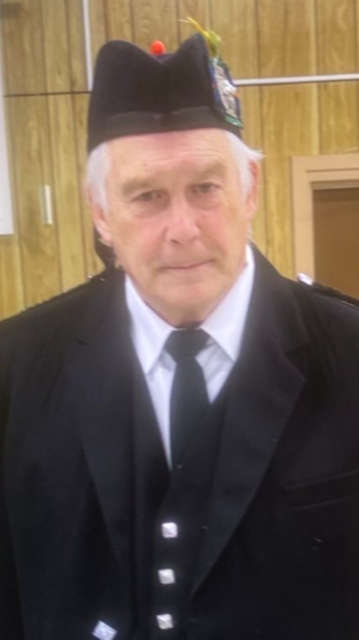 Whitehorse RCMP seek public's help in locating missing 73-year-old man
Whitehorse RCMP seek public's help in locating missing 73-year-old man
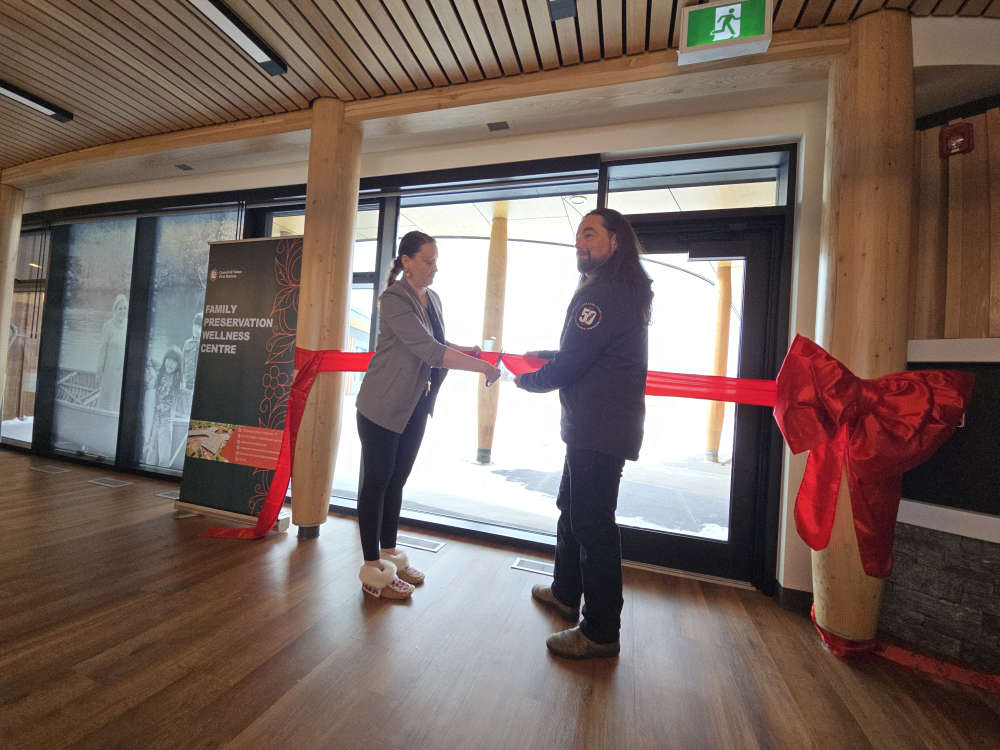 CYFN opens new wellness centre in Whistle Bend
CYFN opens new wellness centre in Whistle Bend
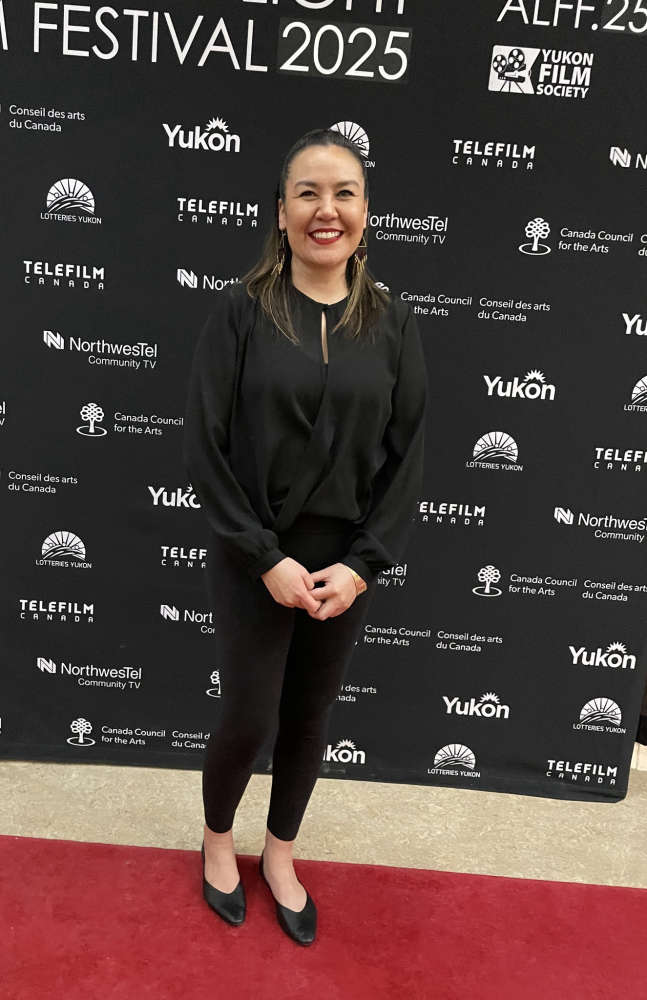 'Old Crow a Philosophy' makes global premiere at YAC
'Old Crow a Philosophy' makes global premiere at YAC